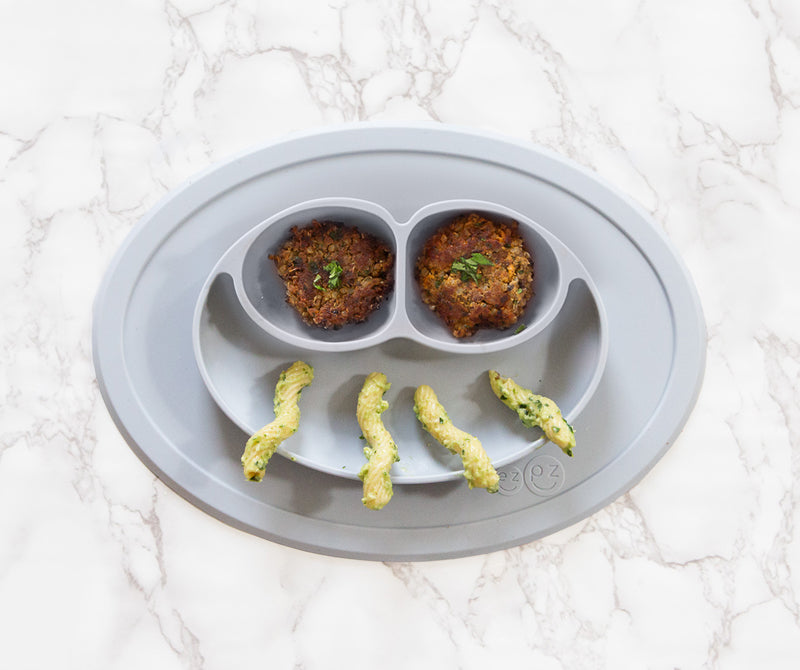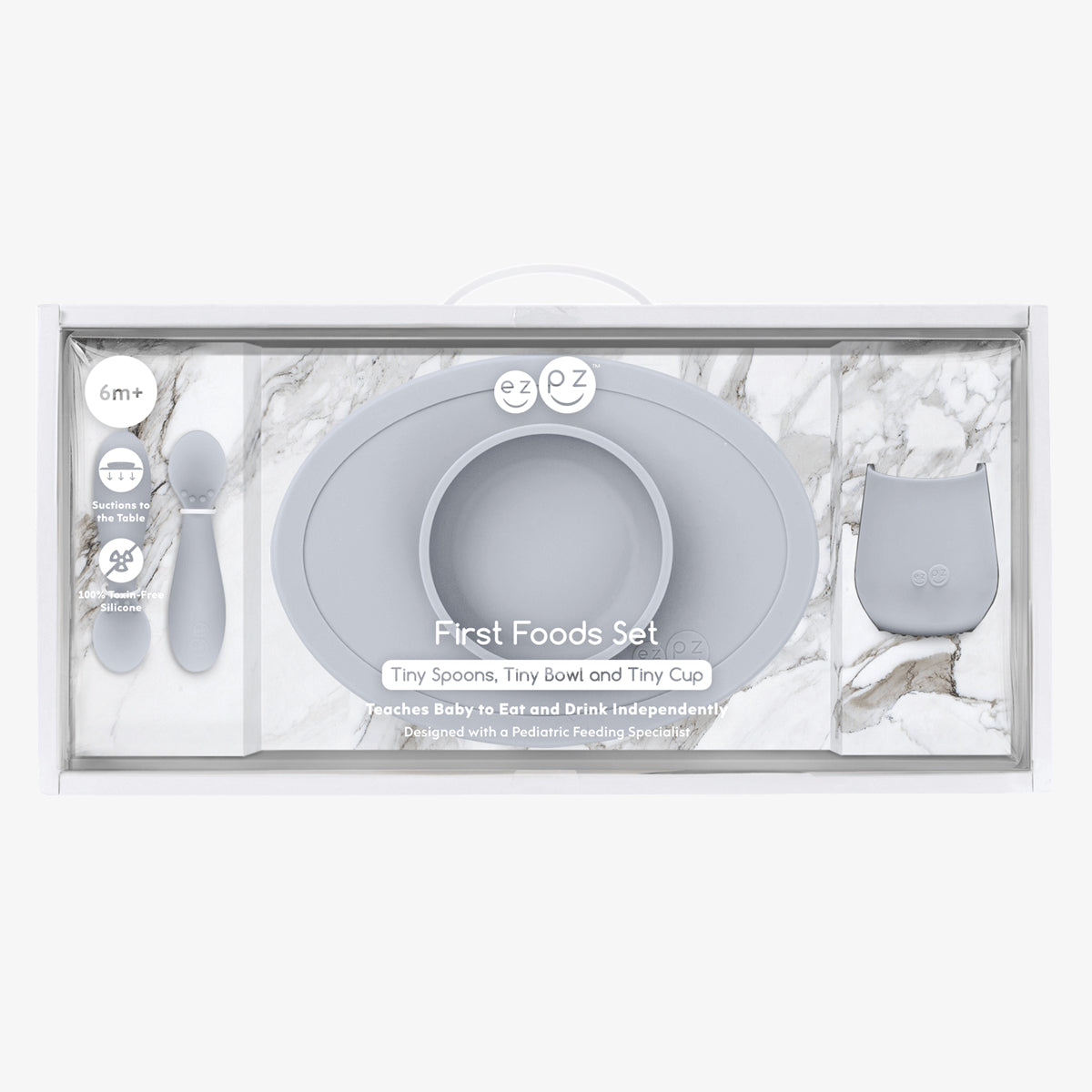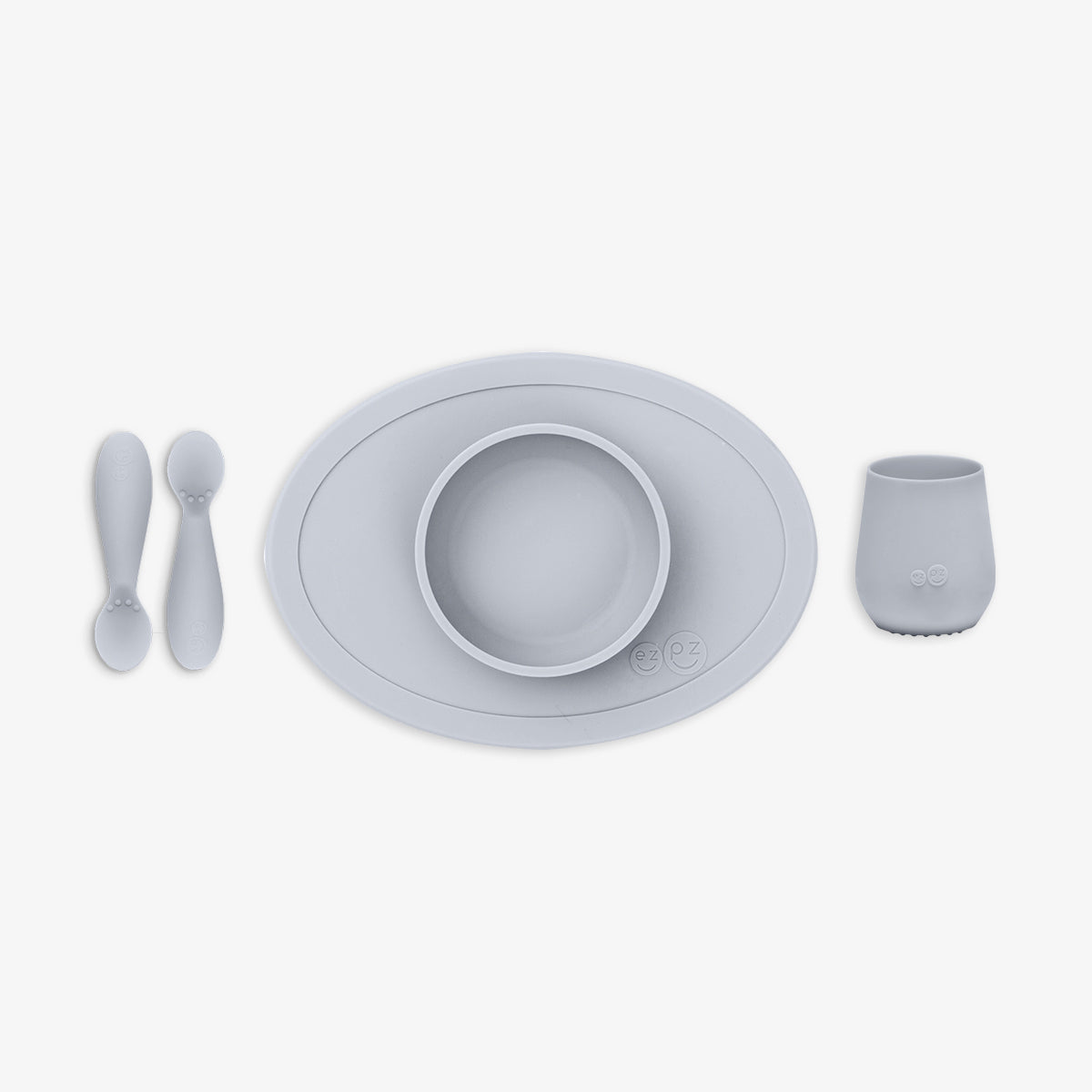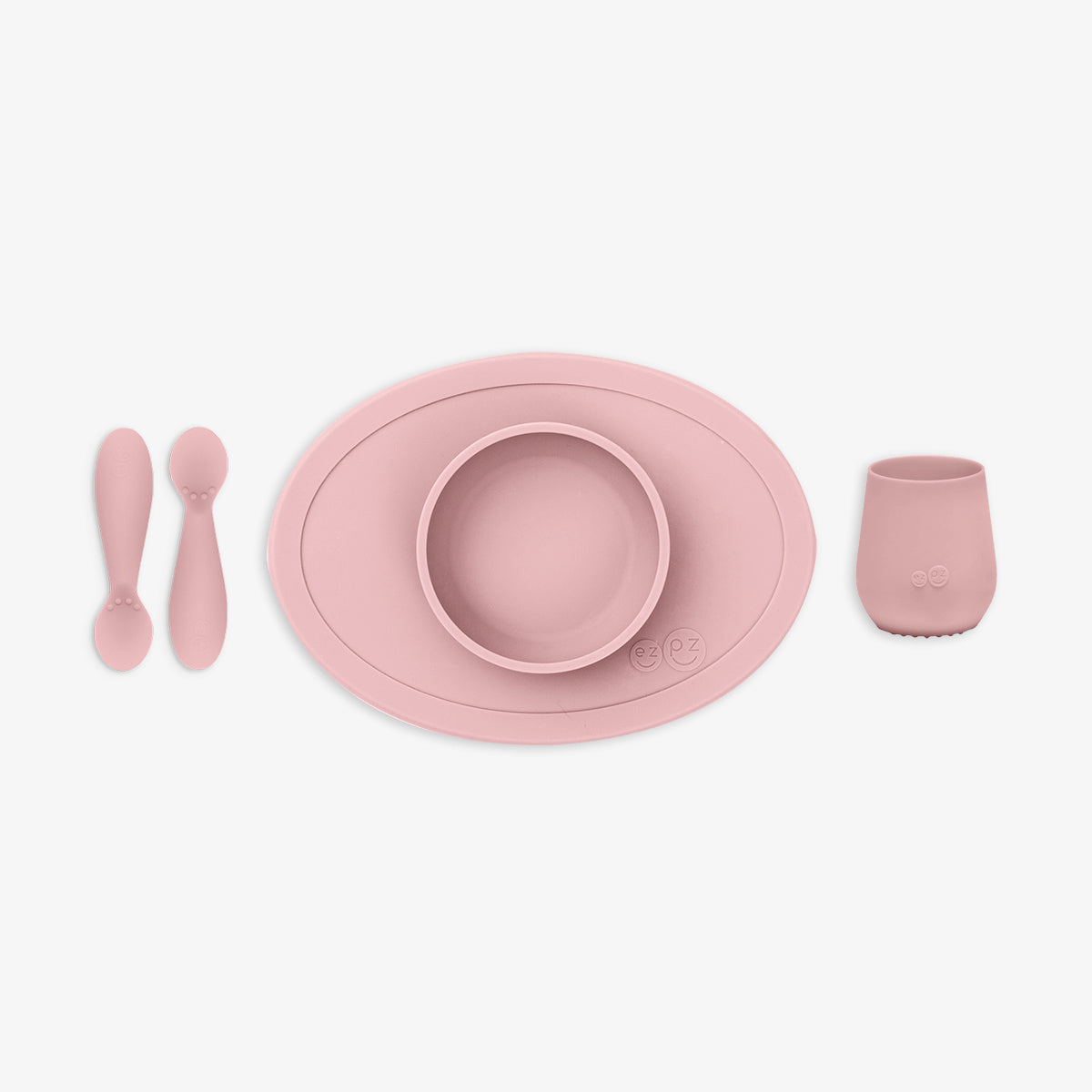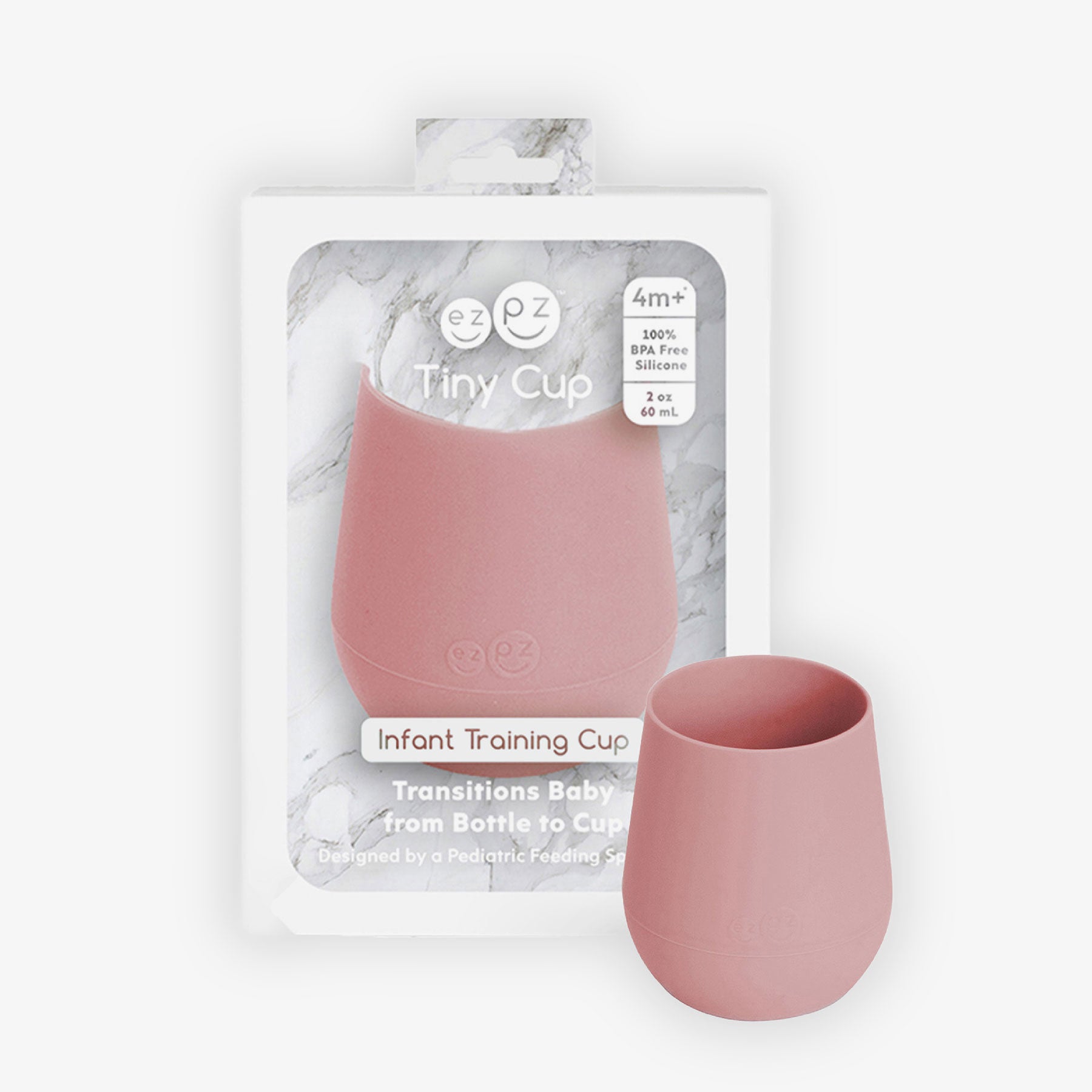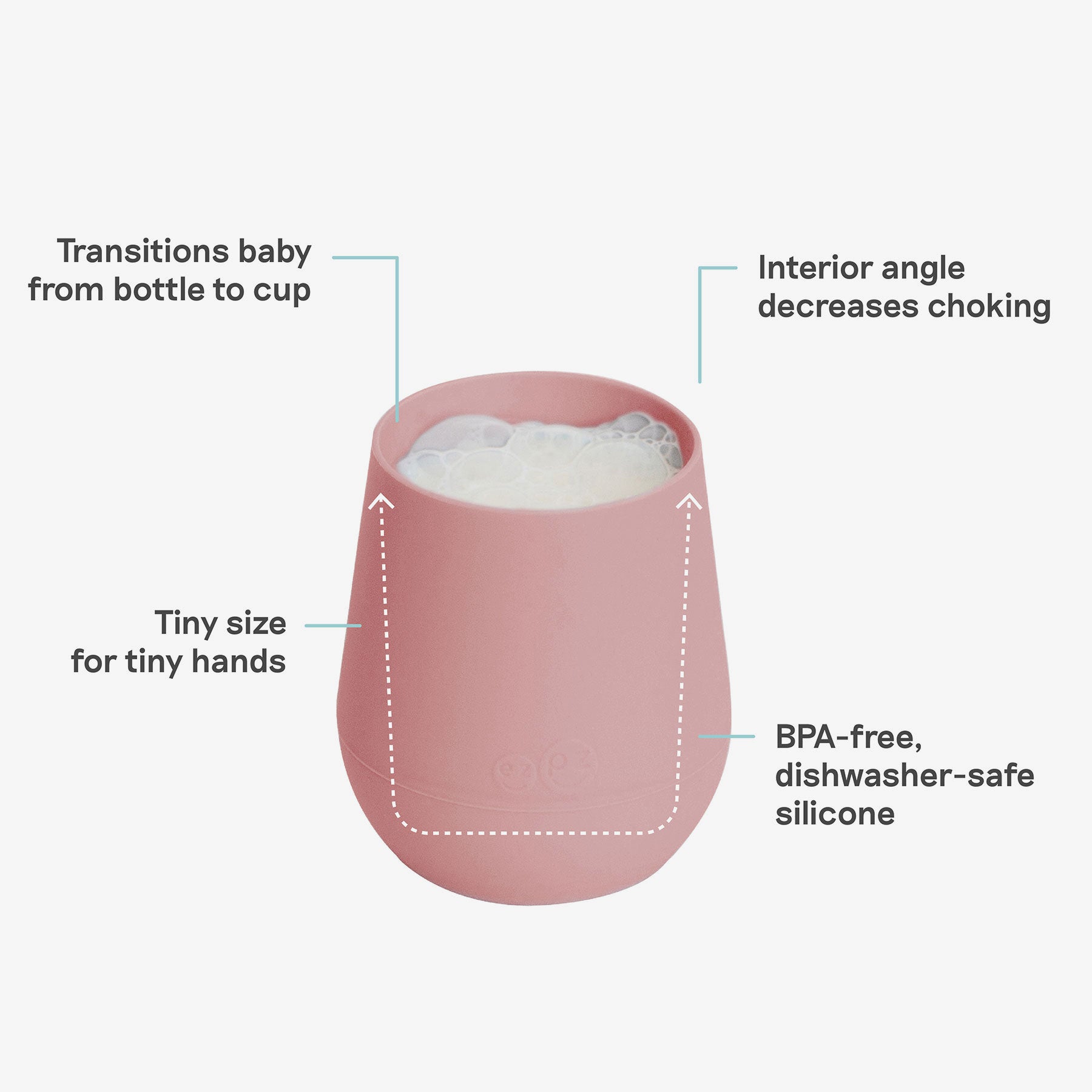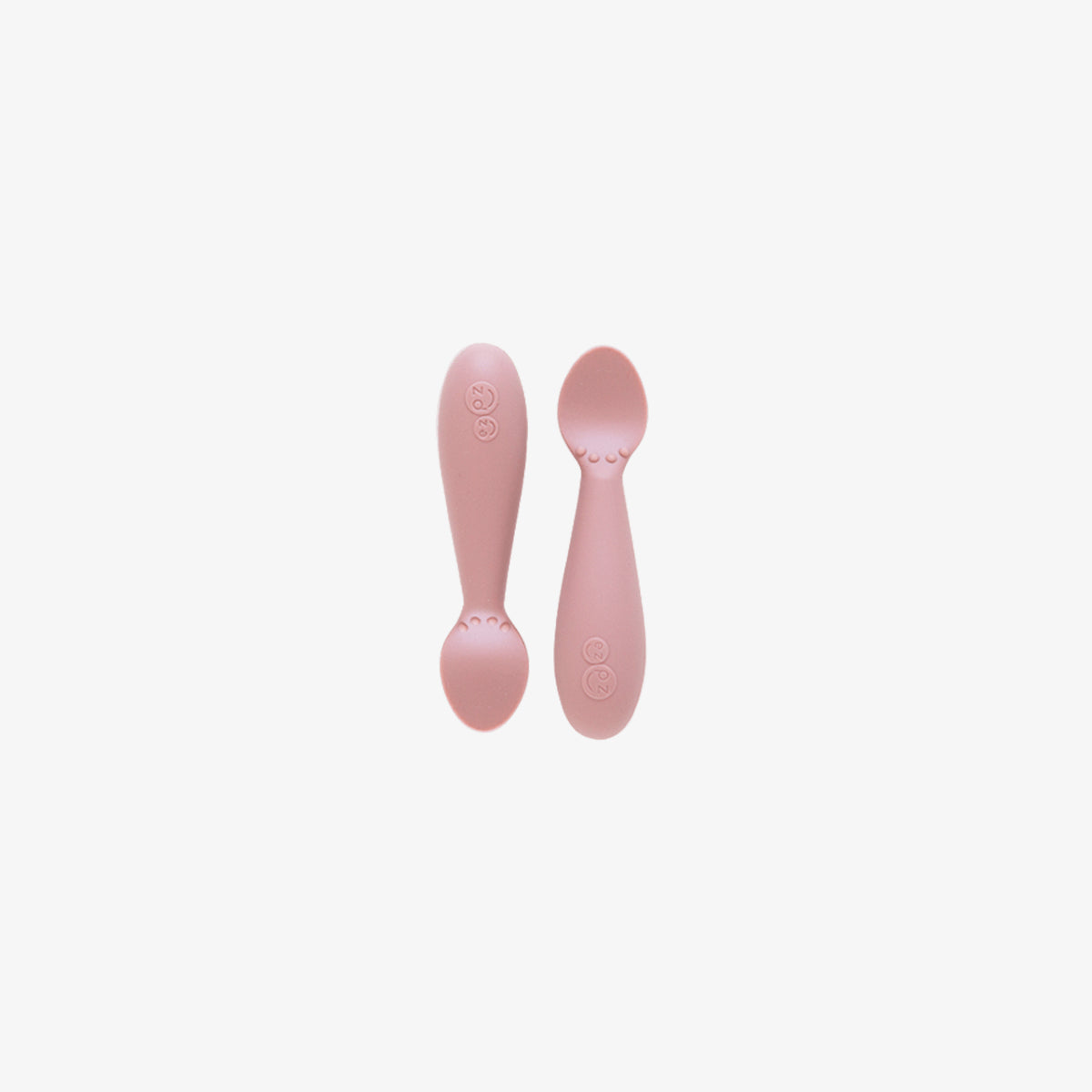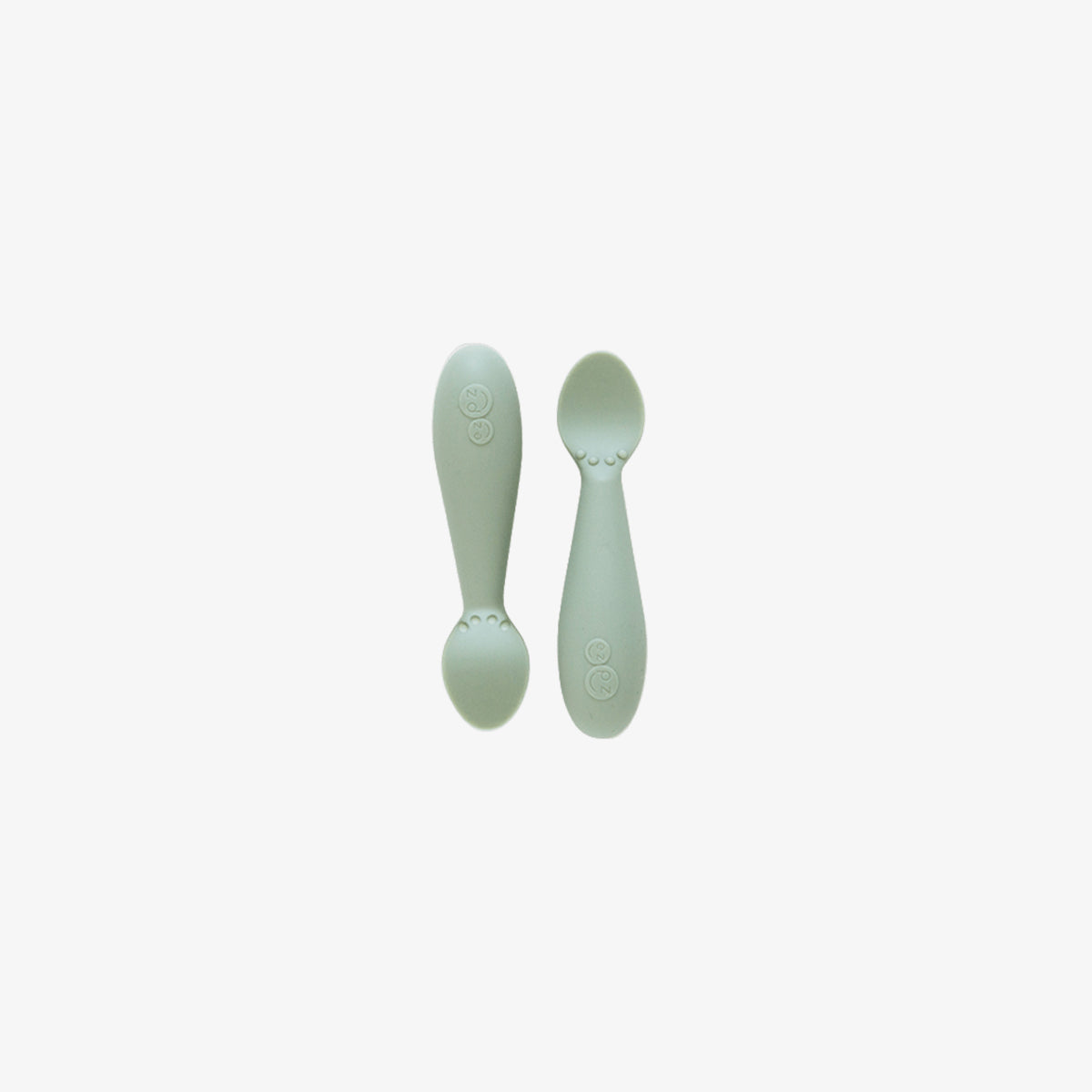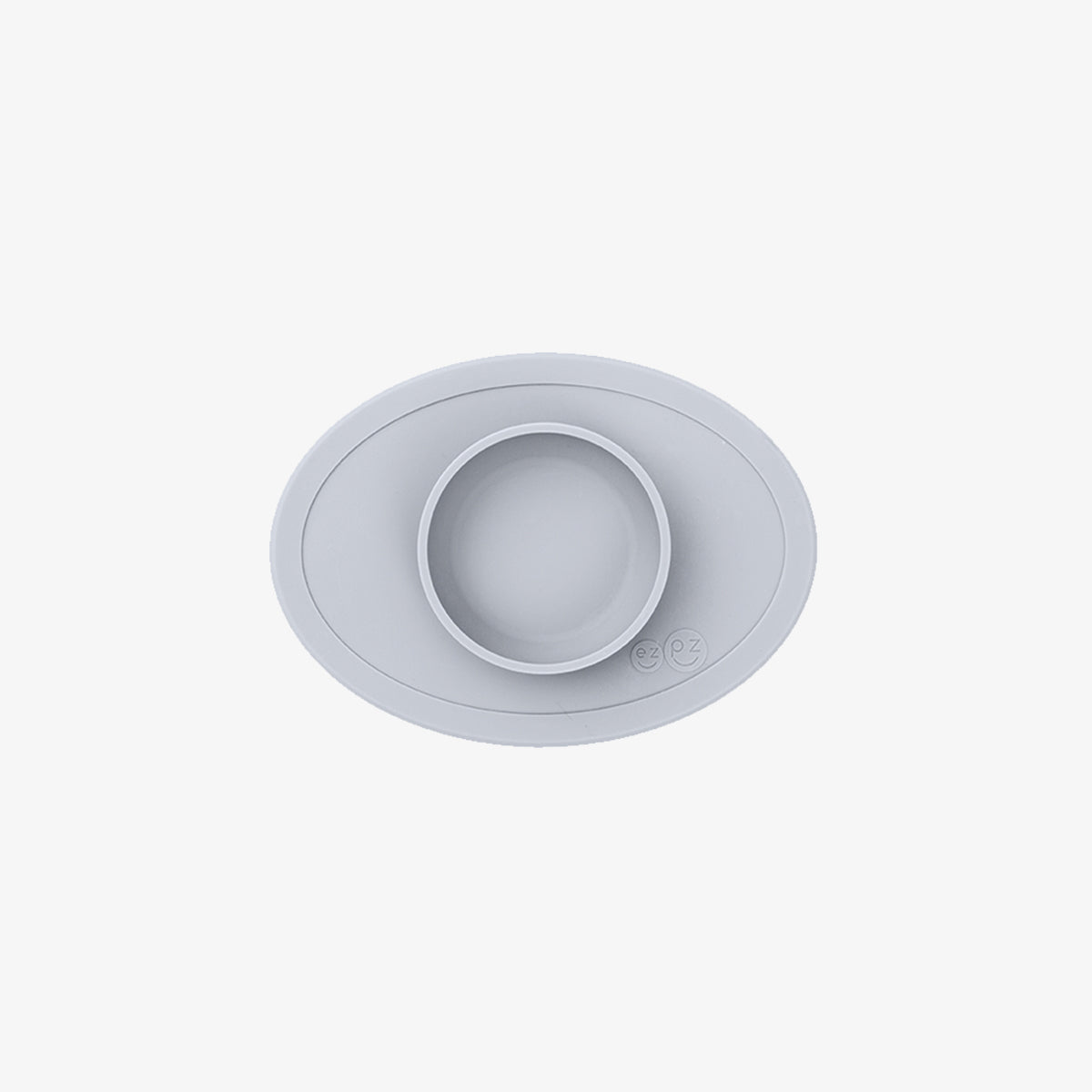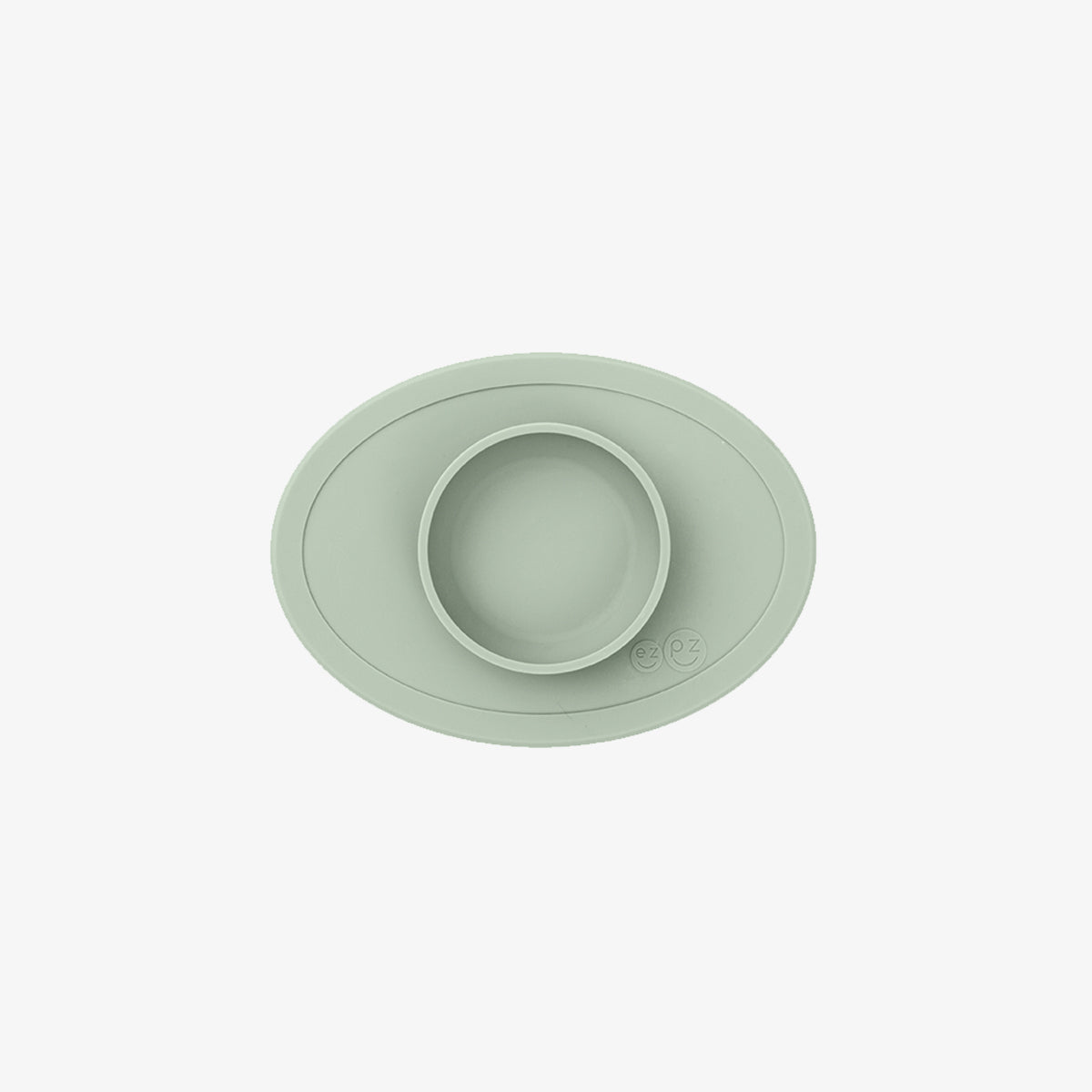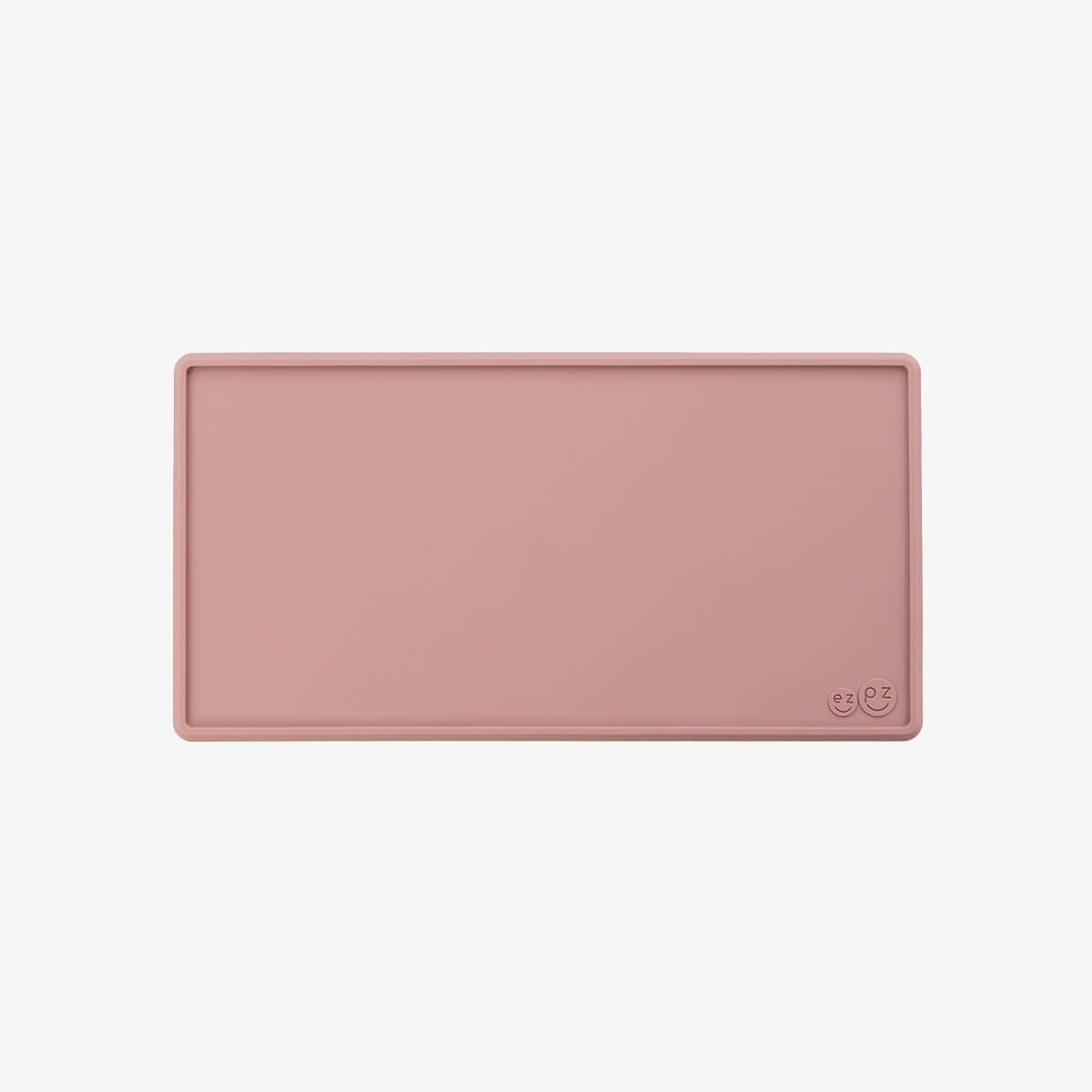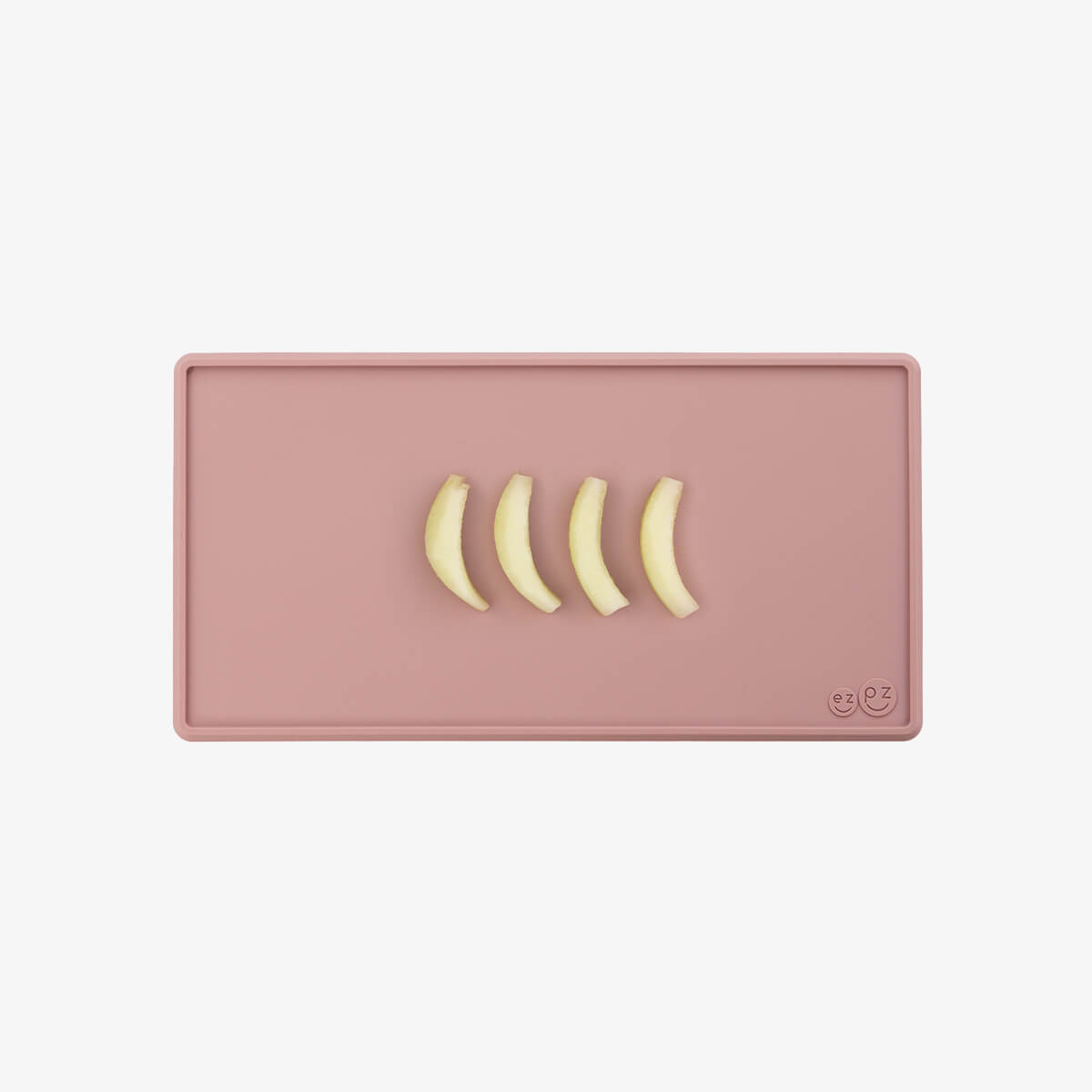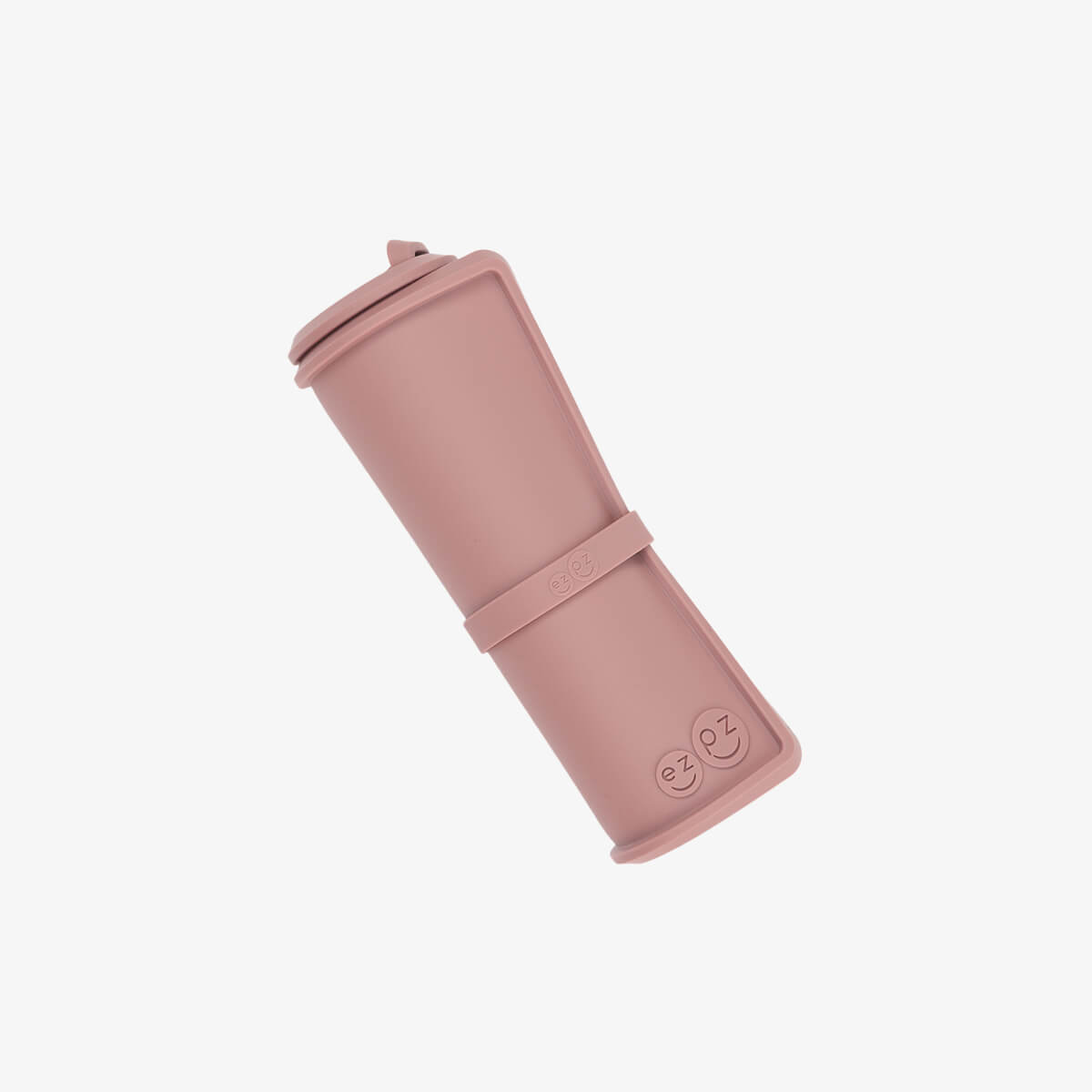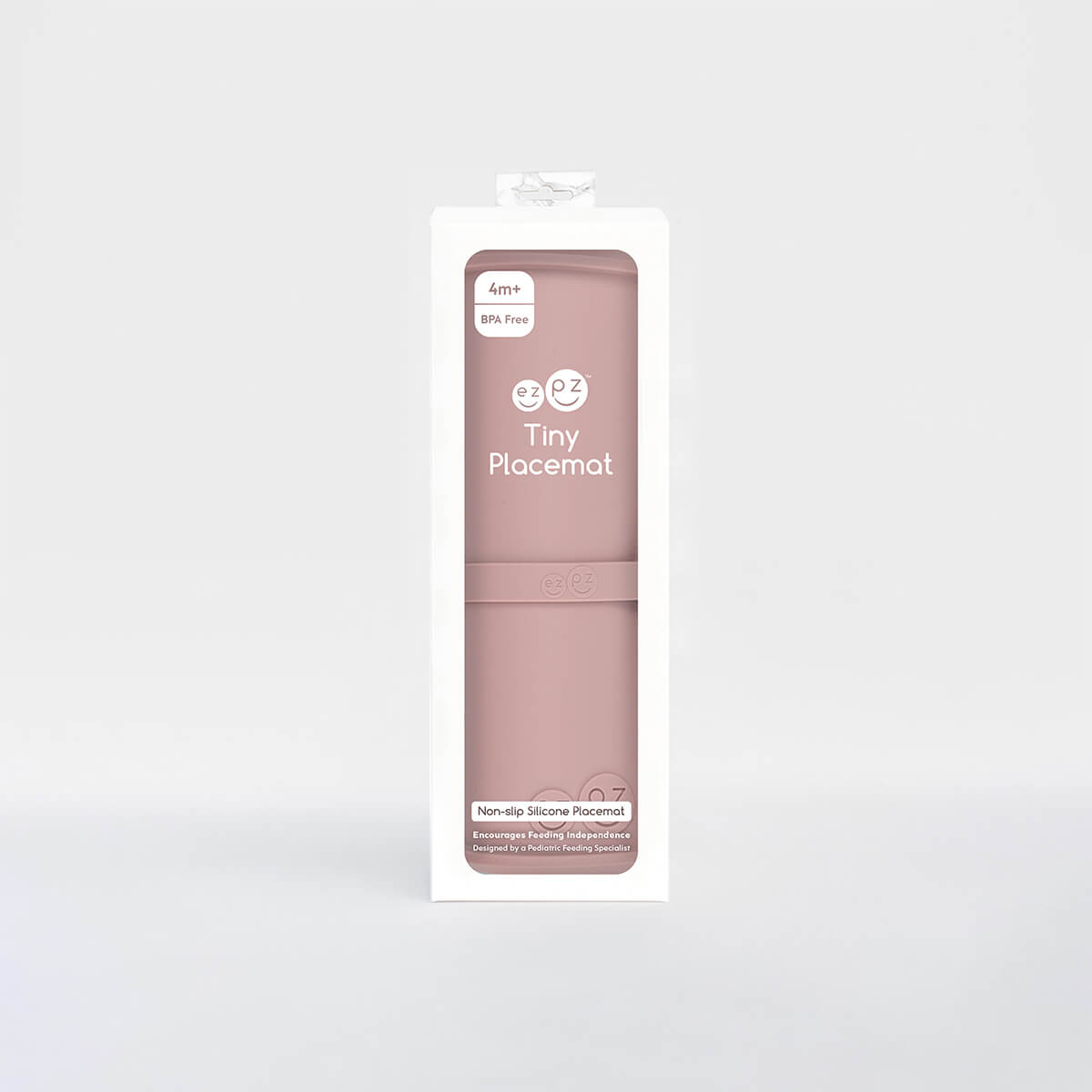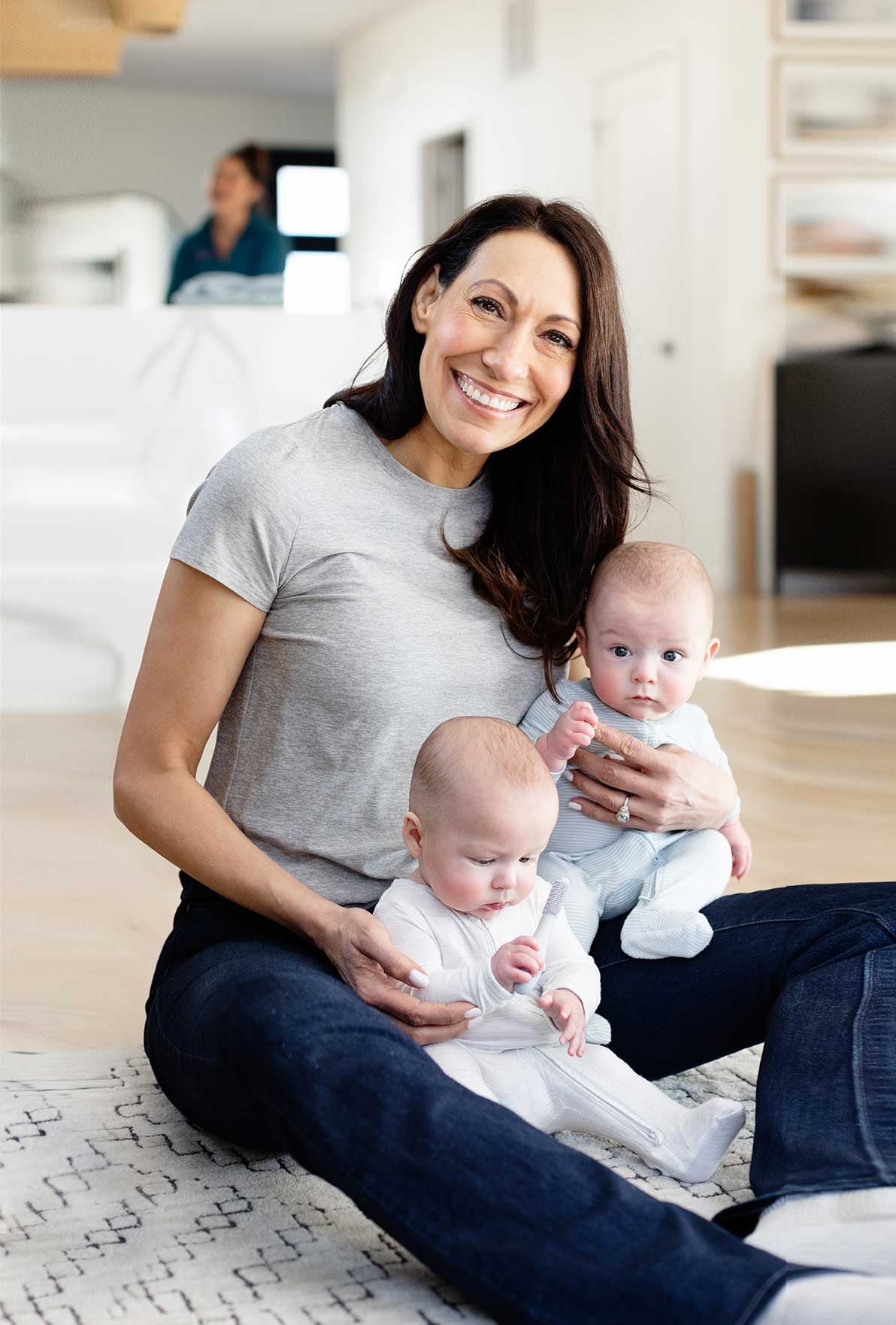Filtering through information about infant food allergies and starting solids can be overwhelming for parents. Most of the families I work with in feeding therapy share their confusion about the conflicting advice they receive from various healthcare professionals regarding allergenic food exposures. Below I have detailed the fundamentals I teach regarding infant food allergies. I also have listed the tips I use to encourage families on their feeding journey.
Allergenic Foods: There are over 150 different foods that can cause allergic reactions for your baby (yikes!). However; 90% of food allergies tie back to only eight foods. This is much more manageable, right? These foods are nicknamed the ‘Big 8’ to help educate the public and spread awareness about food allergies.
- The Big 8: The most common allergenic foods in the United States are: milk, peanuts, fish, tree nuts, egg, wheat, shellfish and soy.
Starting Allergenic Foods: You can start serving your baby potentially allergenic foods when you start solids, which is typically around 6 months of age. The guidelines for introducing these types of foods to infants have recently changed, and the current recommendation is to offer these foods early and often. Here are some additional tips when starting these foods:
- Introduce the ‘Big 8’ foods one at a time and allow a day (or multiple days) in between other high-allergenic foods if that makes you more comfortable. Generally, an allergic reaction will occur within a few minutes or hours from food exposure. During this period, you should continue to offer low-risk foods.
- Consider getting your baby tested for food allergies after there has been an allergic reaction to a food you introduced. The medical feeding team I work with does not recommend testing a baby for food allergies before the introduction of these foods, as these tests can result in a false-positive.
- Some common signs of an allergic reaction are a rash (that was not observed before mealtime), vomiting, difficulty breathing, food refusal and/or spitting food out.
- Try serving these foods one at a time in a bowl, or combined with other foods (you have tried previously with no reactions) on a plate, or even in a cup!
- If you have a family history of food allergies there is some increased risk. I teach my families to be extra attentive with these foods, but also take comfort in the fact that the risk is still generally low.
Delaying Allergenic Foods: There is no medical evidence that delaying the introduction of these foods until baby is older will help them avoid a food allergy. In fact, early introduction is the new standard. With that said, I often find that some of my families have special circumstances causing them to wait a few weeks. Finding the right time for your family to begin allergy introduction is important, keeping in mind that starting early and often is key. Some of the situations that have required my feeding therapy clients to delay the introduction of the ‘Big 8’ when they started solids are:
- Baby was starting daycare and the parents were afraid they would miss an allergic reaction.
- A parent was on a business trip and wanted to be there for any high-risk foods.
- A parent was feeding baby solo and was anxious about handling a reaction without support.
If these circumstances apply to you, waiting a few weeks for increased safety and support can be advantageous. The goal is to start diversifying baby’s diet early on, which further helps to decrease the risk of food allergies.
I know that introducing potential allergenic foods is intimidating. But please know that having a life-threatening experience is very rare. I hope these tips will help support you on your feeding journey and make the ‘Big 8’ not so frightening! What have been some of your experiences when introducing these higher-risk foods? #ezpzfun


